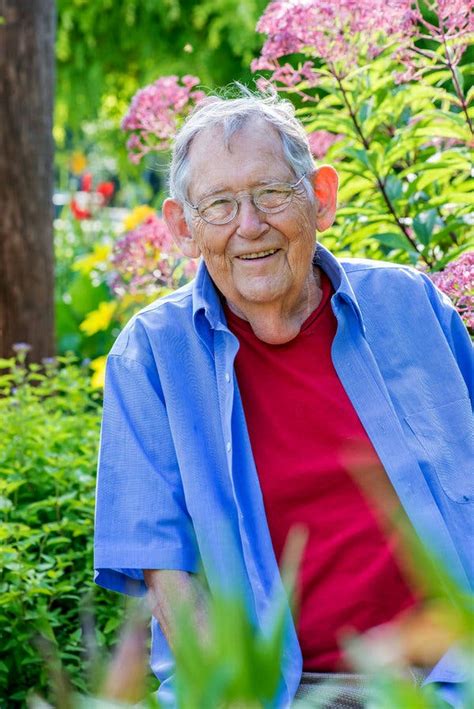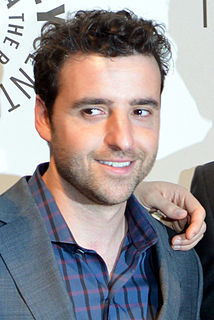A Quote by Arnold Bennett
Every scene, even the commonest, is wonderful, if only one can detach oneself, casting off all memory of use and custom, and behold it (as it were) for the first time; in its right, authentic colors; without making comparisons. Cherish and burnish this faculty of seeing crudely, simply, artlessly, ignorantly; of seeing like a baby or a lunatic, who lives each moment by itself and tarnishes by the present no remembrance of the past.
Related Quotes
Memory is corrupted and ruined by a crowd of memories. If I am going to have a true memory, there are a thousand things that must first be forgotten. Memory is not fully itself when it reaches only into the past. A memory that is not alive to the present does not remember the here and now, does not remember its true identity, is not memory at all. He who remembers nothing but facts and past events, and is never brought back into the present, is a victim of amnesia.
Most people have learned to live in the moment. The argument goes that if the past has uncertain effect on the present, there is no need to dwell on the past. And if the present has little effect on the future, present actions need not be weighed for their consequence. Rather, each act is an island in time, to be judged on its own. ... It is a world of impulse. It is a world of sincerity. It is a world in which every word spoken speaks just to that moment, every glance given has only one meaning.
When you don't flow freely with life in the present moment, it usually means that you're holding on to a past moment. It can be regret, sadness, hurt, fear, guilt, blame, anger, resentment, or sometimes even a desire for revenge. Each one of these states comes from a space of unforgiveness, a refusal to let go and come into the present moment. Only in the present moment can you create your future.
Living in the present moment requires discretion toward memory. Without memory we'd have amnesia. What good would there be in that? Offer discretion and discernment for our past with a broad spectrum of forgiveness. As for our present moment, delight. And dedication to remain fully present to all the possibility.
I feel like an old-fashioned mountain climber when I am making discoveries, seeing something for the first time, realizing that no human before me has ever seen what I am seeing. It takes your breath away - for just a moment, you feel a pause in time, as you know you are crossing a boundary into a new realm of knowledge.
First of all, it was wonderful to have a home. Consistent work when you're a journeyman actor, when you're a character actor, is really hard to come by. When you can get it, you have to cherish every moment of it - cherish the crew, cherish the cast, cherish the stage, cherish everything. Because when it's over, it's really hard to get back.
Everything that we see in our daily lives is more or less distorted by acquired habits and this is perhaps more evident in an age like ours when cinema posters and magazines present us every day with a flood of ready-made images which are to the eye what prejudices are to the mind. The effort to see things without distortion demands a kind of courage; and this courage is essential to the artist, who has to look at everything as though he were seeing it for the first time.
Memory is therefore, neither Perception nor Conception, but a state or affection of one of these, conditioned by lapse of time. As already observed, there is no such thing as memory of the present while present, for the present is object only of perception, and the future, of expectation, but the object of memory is the past. All memory, therefore, implies a time elapsed; consequently only those animals which perceive time remember, and the organ whereby they perceive time is also that whereby they remember.





































